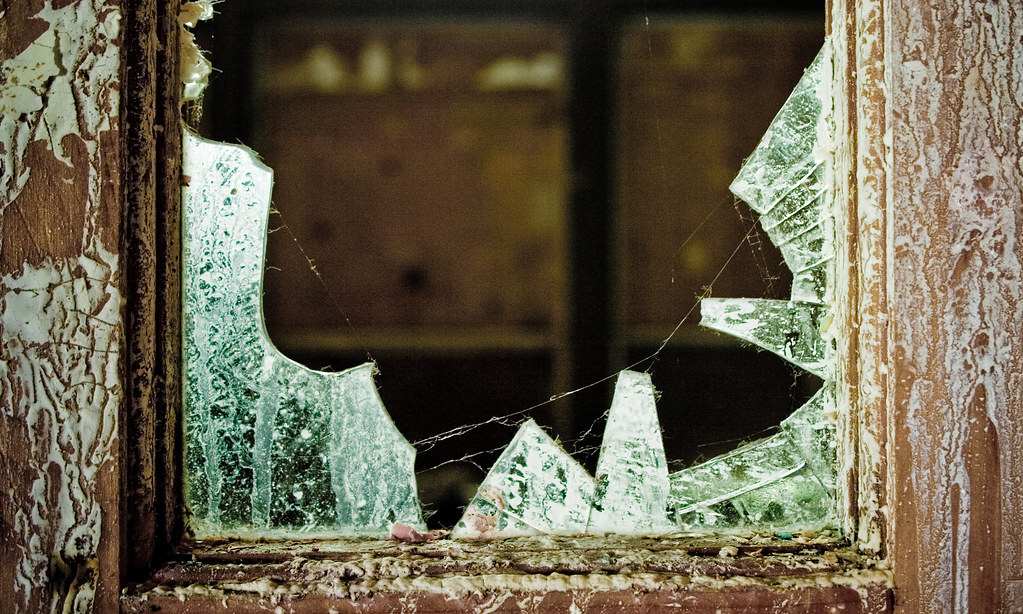Choosing the right glass for high humidity areas can be a daunting task, especially when considering its long-term effects on your home or building. Humidity can cause moisture to accumulate on windows, leading to issues like mold growth and condensation. In this article, we will provide a comprehensive guide on how to make an informed glass choice for high humidity areas.
{Understanding the Key Factors|Identifying the Key Factors
Before selecting the right glass, it's essential to understand the factors that contribute to high humidity areas. These factors include {proximity to oceans, lakes, or rivers|high levels of rainfall and warm temperatures|humidity-prone environments near bodies of water}. Understanding these factors will help you {determine the type of glass you need|make an informed decision|choose the right glass}.
{Types of Glass and Their Humidity Resistance|Exploring Glass Options
Different types of glass have varying levels of humidity resistance. Here are some of the most common types of glass:
- {Single pane glass: wooden window sill replacement This type of glass is the least resistant to humidity. It is prone to condensation and can be affected by changes in temperature and humidity.|Clear glass: This type of glass is not ideal for humid environments, as it can be prone to condensation and warping.}
- {Double pane glass: This type of glass is more resistant to humidity than single pane glass. It features two panes of glass separated by a gap, which reduces condensation and heat transfer.|Thermal glass: This type of glass is designed to reduce heat transfer and keep the interior temperature stable.}
- {Triple pane glass: This type of glass is the most resistant to humidity. It features three panes of glass separated by two gaps, which provides additional insulation and reduces condensation.|Luxury glass: This type of glass is ideal for humid environments, as it provides superior insulation and durability.}
- {Low-E glass: This type of glass features a special coating that reduces heat transfer and minimizes condensation.|Eco-friendly glass: This type of glass is designed to reduce energy consumption and minimize environmental impact.}
- {Coated glass: This type of glass features a special coating that reduces condensation and reflects infrared radiation.|Smart glass: This type of glass is designed to adjust to changing light and temperature conditions.}
In addition to the types of glass mentioned above, there are several specialized glass options that are suitable for high humidity areas:

- {Acrylic glass: This type of glass is made from a type of plastic and is more resistant to humidity than regular glass.|Polycarbonate glass: This type of glass is lightweight and impact-resistant, making it ideal for high-traffic areas.}
- {Tempered glass: This type of glass is stronger and more resistant to humidity than regular glass.|Impact-resistant glass: This type of glass is designed to withstand heavy impacts and extreme weather conditions.}
- {Laminated glass: This type of glass features multiple layers of glass and a special interlayer that holds it together in case of breakage.|Security glass: This type of glass is designed to provide enhanced security and protection.}
In addition to the type of glass, there are several other factors to consider when choosing the right glass for high humidity areas:
- {Frame material: The frame material should be resistant to moisture and humidity.|Frame design: The frame design should be durable and easy to maintain.}
- {Sealants: The sealants used to join the glass frames should be moisture-resistant and durable.|Adhesives: The adhesives used to secure the glass frames should be strong and long-lasting.}
- {Maintenance: The glass should be easy to clean and maintain.|Repairability: The glass should be easy to repair in case of damage.}
- {Budget: The cost of the glass should fit within your budget.|Cost-effectiveness: The glass should provide good value for money and meet your budget needs.}


